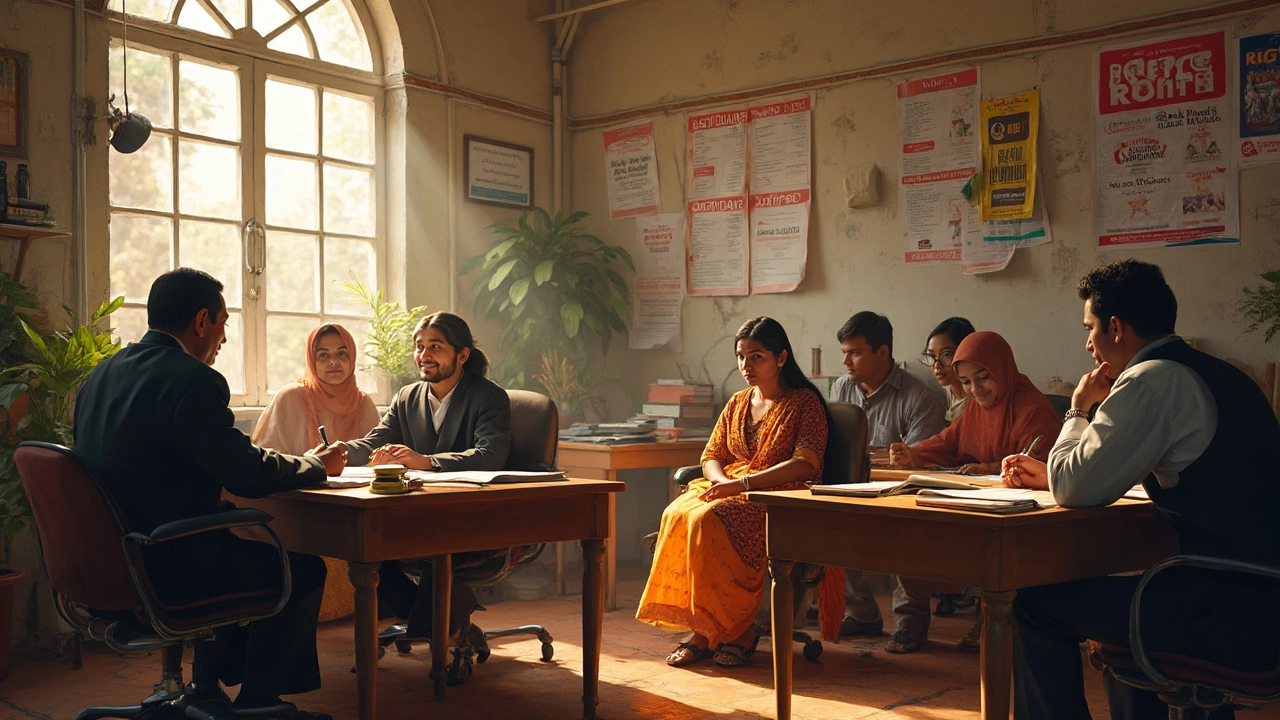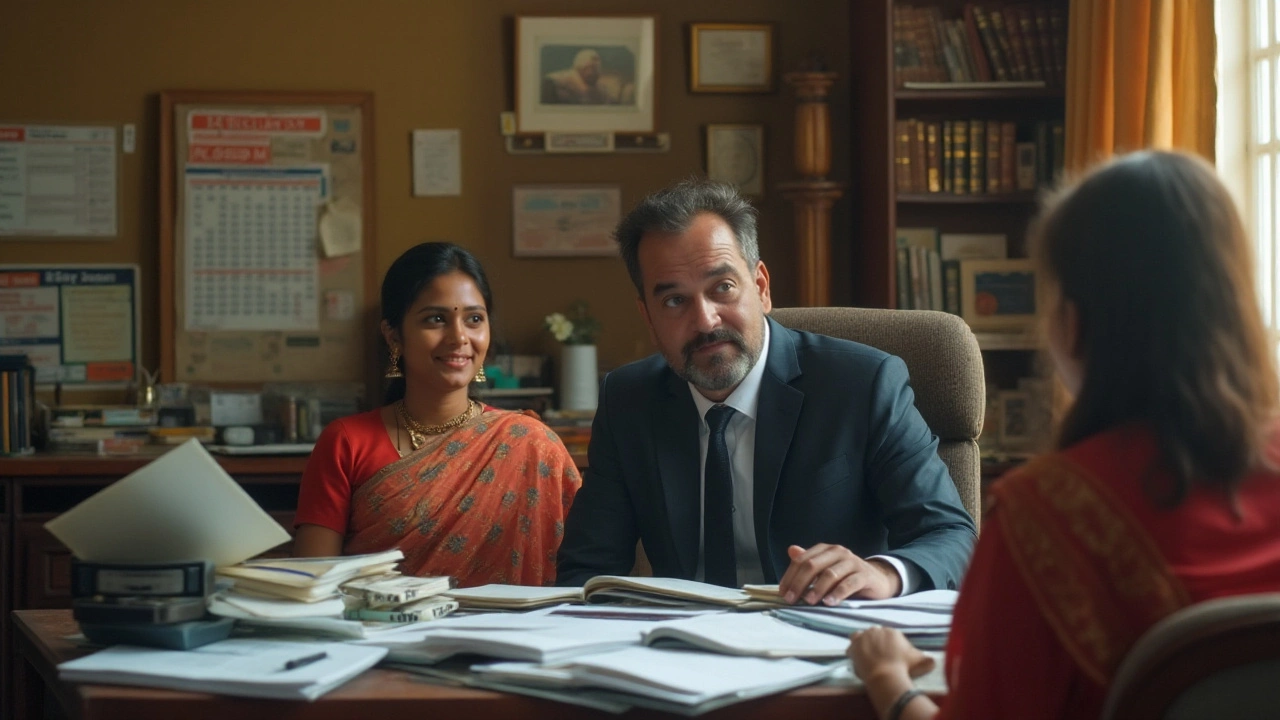Pro Bono Legal Help – What It Is and How It Works
When you hear "pro bono" you might think it’s a fancy Latin term. In reality it simply means free legal help provided by lawyers who volunteer their time. The goal is to make justice reachable for people who can’t afford a lawyer.
Pro bono work isn’t limited to big law firms. Small practices, NGOs, and even law students often pitch in. They handle everything from divorce papers to consumer complaints, and the services are usually no‑cost to the client.
Finding Pro Bono Lawyers
The first step is to look for local legal aid clinics. Many states have government‑run portals where you can type in your issue and get matched with a volunteer attorney. You can also check bar association websites – they usually list a pro bono directory.
If you’re a student, your university’s law department may run a legal aid program. These programs are a win‑win: you get free advice, and the students get real‑world experience.
Another shortcut is to search online for “pro bono your city”. Most results will be NGOs, community centers, or law firms that have a dedicated free‑service desk.
When to Use Pro Bono Services
Not every case qualifies for pro bono help. Lawyers typically focus on matters that affect basic rights – family law, housing, employment, and consumer protection. If you’re facing a divorce, a tenancy dispute, or a salary non‑payment, you’re a good candidate.
Before you apply, gather all relevant documents: court notices, contracts, salary slips, and any correspondence. The more you bring, the faster a volunteer lawyer can see if they can take your case.
Remember, pro bono lawyers still need to follow the same rules as paid attorneys. They’ll ask you to be honest, meet deadlines, and keep communication clear. Treat the relationship like any paid service – it’s a professional partnership.
Many of the articles on our site, like the guide to free divorce in Virginia or the consumer protection act overview, were written with a pro bono mindset. They explain the steps you can take yourself and where to ask for free help.
While waiting for a volunteer lawyer, use our free resources. Our step‑by‑step guides break down legal jargon, show you which forms to fill, and point out common pitfalls. Knowledge is power, even before you get a lawyer on board.
If you’re a lawyer wanting to give back, check the same bar association directories. Most organizations need volunteers for a few hours a month, and you’ll be making a real impact.
Pro bono services keep the legal system balanced. They help people who would otherwise be left out, and they give lawyers a chance to grow their skills and fulfill a social duty.
Bottom line: don’t let cost stop you from seeking justice. Use the free directories, gather your paperwork, and reach out. A volunteer lawyer is often just a click or a phone call away.

Pro Bono in Law: What It Means and Why It Matters
Ever heard the term 'pro bono' thrown around by lawyers? It's more than just a fancy phrase. This article breaks down what pro bono means in law, how it works in criminal cases, and why some lawyers take cases for free. You’ll learn who qualifies for pro bono help, how to find a lawyer offering it, and what to expect if you’re thinking of reaching out for legal support. Get real tips and facts about pro bono legal aid without all the jargon.

Understanding Pro Bono: Lawyers Who Work for Free
Pro bono legal services offer vital support to those unable to afford legal representation. This article explores how lawyers work for free, the benefits of pro bono work, the types of cases commonly taken on, and how to find a lawyer willing to offer their services without charge. Understanding pro bono can help individuals navigate legal challenges without financial burden.